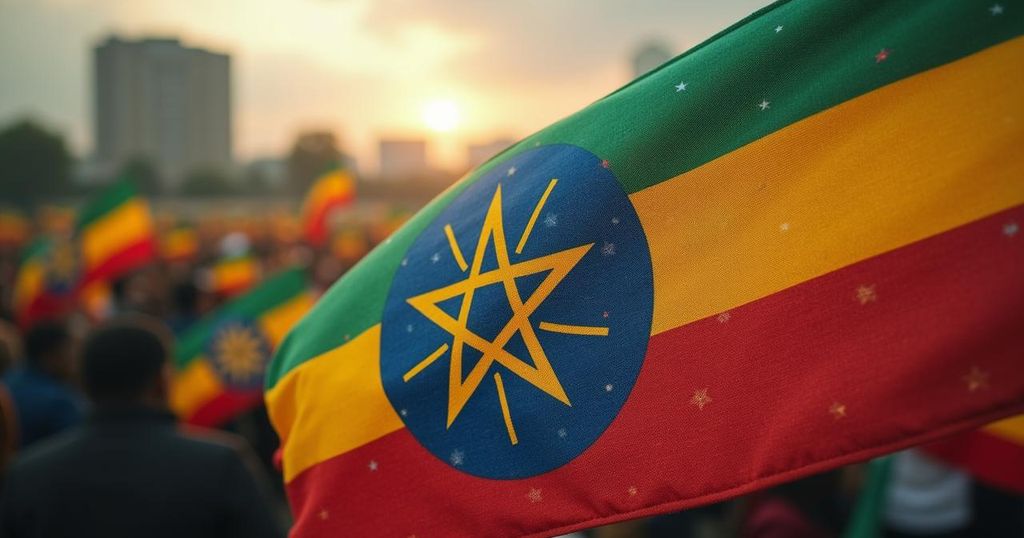Egypt has formed a new alliance with Eritrea and Somalia to counter Ethiopia, following a security partnership established during a recent summit in Asmara. The alliance aims to enhance Somalia’s military strength against al-Shabab and address Ethiopia’s increasing regional influence amid historical resources and territorial disputes. Critics are concerned that this could reignite tensions with Ethiopia.
In a significant geopolitical shift, Egypt has formed an alliance with Eritrea and Somalia, focusing on countering perceived Ethiopian provocations under Prime Minister Abiy Ahmed. The recent summit in Asmara, led by Eritrean President Isaias Afwerki, Egyptian President Abdel Fattah al-Sisi, and Somali President Hassan Sheikh Mohamud, resulted in a security partnership aimed at bolstering Somali state institutions and military capabilities against terrorism, particularly targeting the militant group al-Shabab. This collaboration is a response not only to Ethiopia’s actions in the Horn of Africa but also to a complex triangle of historical grievances, particularly regarding water security stemming from the construction of Ethiopia’s Grand Renaissance Dam on the Nile. Egypt’s grievances are further exacerbated by Ethiopia’s recent agreement to lease a portion of coastline from Somaliland, a contested area in Somalia. The dynamics between these nations are further complicated as all three play roles in the ongoing civil conflict in Sudan, where alignments have formed along regional power lines with support from external players such as Saudi Arabia and Turkey on one side, and Ethiopia on the other, fostering a climate of competition for influence over strategic trade routes. Critics are concerned that the partnership between Egypt, Eritrea, and Somalia might reignite hostilities with Ethiopia, showcasing a historical pattern of tensions between these states. Moreover, the Somali government faces internal challenges which could exacerbate clan divisions as it invites foreign military assistance, reflecting a precarious balance between seeking stability and provoking further conflict.
The geopolitical landscape of the Horn of Africa has been historically fraught with tensions primarily due to colonial legacies, resource disputes, and ethnic conflicts. Ethiopia has focused on expanding its role in regional stability but has been viewed with suspicion by its neighbors due to its ambitious infrastructure projects and military interventions. The relationship between Egypt, Eritrea, and Somalia has been influenced by the ongoing civil strife in Sudan and the complex dynamics surrounding resources such as the Nile River. With longstanding hostilities and alliances forming across the region, recent developments signal a potential escalation of conflicts influenced by regional power dynamics and foreign interests.
In conclusion, the emerging alliance between Egypt, Eritrea, and Somalia represents a critical strategic maneuver against Ethiopia amidst longstanding regional tensions. This collaboration highlights the fragile security situation in the Horn of Africa, where the interplay of historical grievances, resource conflict, and emerging alliances threatens to exacerbate instability, potentially having far-reaching implications for regional peace and security plans. Continued monitoring and diplomatic engagement will be essential to address the underlying issues that drive these nations toward conflict.
Original Source: foreignpolicy.com







